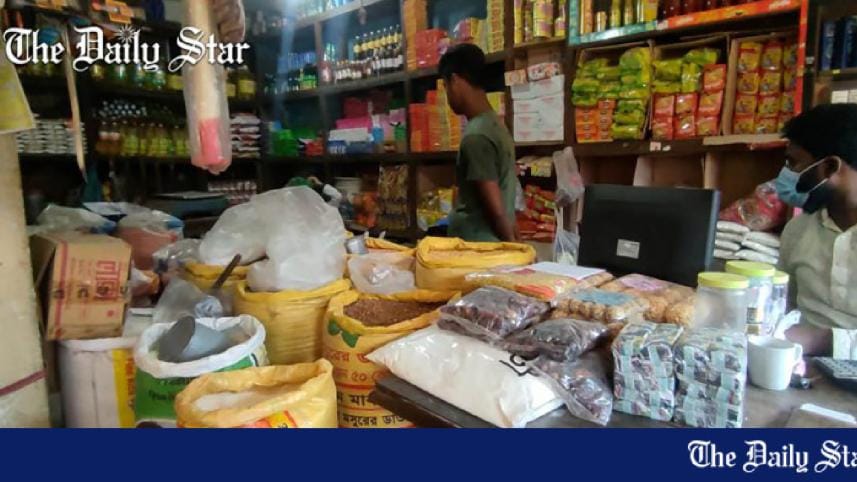Controlling the commodity prices: What’s in the law

For quite some time now, the price of goods in the market of Bangladesh has been skyrocketing. Apparently, there is no way to stop this rise in commodity prices. Let us look at relevant laws which deal with such matter in Bangladesh.
Section 3(1) of the Essential Articles (Price Control and Anti-Hoarding) Act, 1953 empowers the government to fix the maximum price of essential articles from time to time, be it at the retail, wholesale or any stage of sale.
According to section 2(a) of this Act, except for those products which are included as essential commodities in section 2 of the Control of Essential Commodities Act, 1956, the rest of the products are considered as essential articles. According to the 1956 Act, all types of foodstuffs including edible oil and oilseeds are essential commodities. Also cotton, paper, coal, steel, iron and many other goods are included in this list of essential goods and the government can add any other type of goods to the list at any time. Since none of the commodities defined under the 1956 Act would be included in the essential articles under the 1953 Act, the government is unable fix the prices under the 1953 Act.
Under section 3 of the 1956 Act, the government can only control the production, storage, transportation, distribution, supply, acquisition, disposal, use of any product in the commercial sector. Thus, this Act has not authorised the government to fix the price of any product.
In light of article 15 of the Constitution of Bangladesh, it is the fundamental responsibility of the state to ensure food security for all citizens. At present, due to this extreme rise in commodity prices, it has become difficult to meet the food security of the middle-class people, and the suffering of the poor people has exceeded the limit. Due to lack of clear laws in this regard, the government is unable to control the price of goods despite its various administrative efforts.
If the government makes the necessary amendments to these two laws and brings the essential commodities under the 1953 Act, the government is expected to be able to ensure the food security of the people at this time of extreme rise in commodity prices.
Moreover, it is possible to fix the maximum price of some food products for a temporary period by bringing the necessary amendments to these laws; but it is not possible to keep the price fixed for a long time. Because the cost of production has a direct impact on the selling price of every product. To determine the price of the product, its production cost should also be included in the fixed cost. The cost of raw materials and fuel used in production directly controls the price of all commodities. No permanent solution can be achieved by fixing the prices of products unless the prices of raw materials and fuel are brought down. Government should also work on this area.
The Writer is a Student of Law, Bangladesh University of Professionals.



 For all latest news, follow The Daily Star's Google News channel.
For all latest news, follow The Daily Star's Google News channel.
Comments